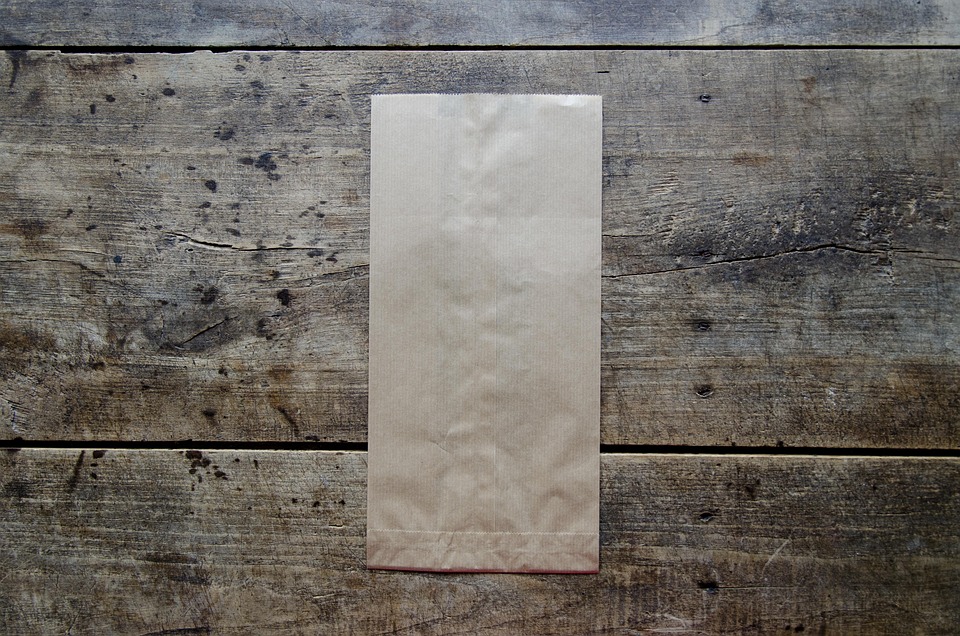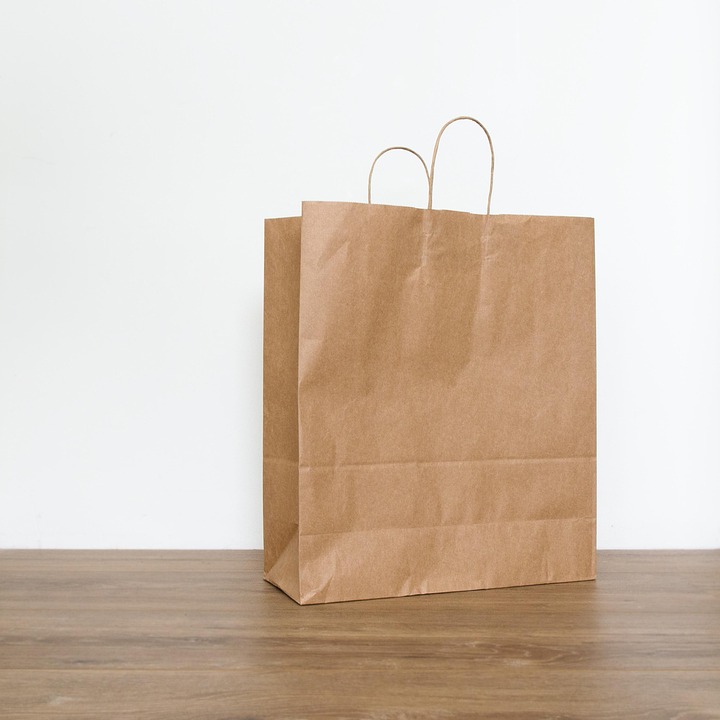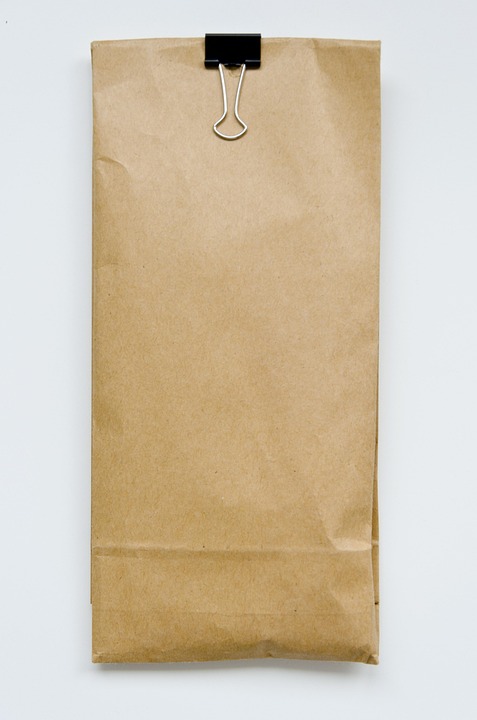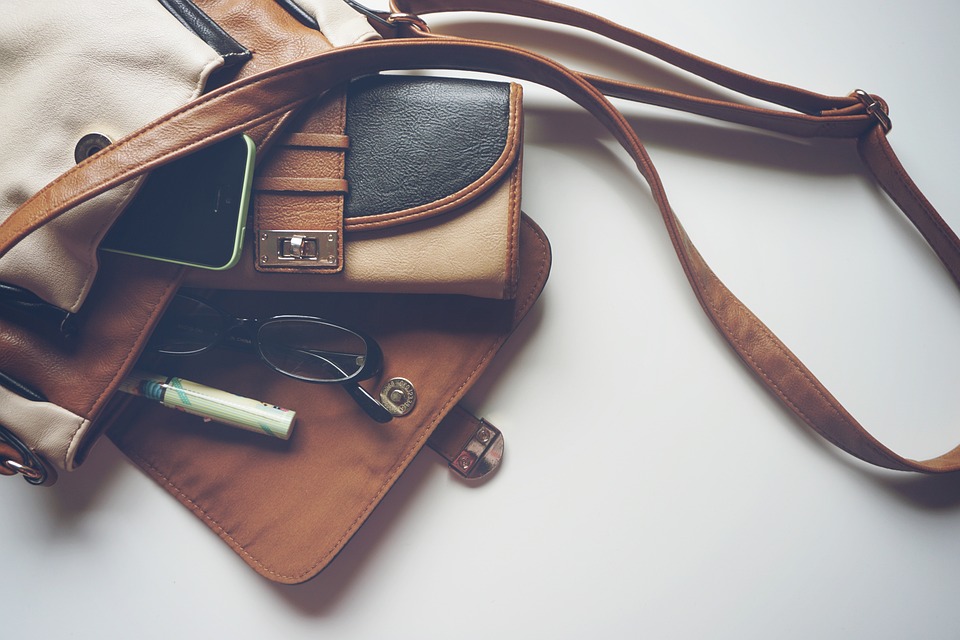-
home dongguan Houjie Industrial Park

Why Paper Bags are a Better Choice for the Environment
[ad_1]
Why Paper Bags are a Better Choice for the Environment
In an era where sustainability and eco-friendliness are top of mind, the choice of packaging materials has become a critical decision. With the increasing awareness about the environmental impact of plastic bags, paper bags have emerged as a popular alternative. Paper bags are made from natural resources, renewable, and biodegradable, making them a better choice for the environment. In this article, we will explore the advantages of paper bags over plastic bags and why they are the better choice for the environment.
Biodegradable vs Non-Biodegradable
Paper bags are made from wood pulp, cotton, or sugarcane, which are all biodegradable. This means they can decompose naturally in the environment, reducing the amount of waste in landfills and oceans. On the other hand, plastic bags are made from non-renewable sources, such as petroleum, and take hundreds of years to decompose. When plastic bags are not disposed of properly, they can end up in oceans, harming marine life and polluting the environment.
Ease of Recycling
Paper bags are easy to recycle, and many communities have established programs to collect and process paper waste. In contrast, plastic bags are difficult to recycle and often end up in landfills or in the environment. Additionally, paper bags can be reused multiple times, reducing the need for single-use packaging materials like plastic bags.
Carbon Footprint
Paper bags have a lower carbon footprint compared to plastic bags. The production of paper bags requires less energy and produces fewer greenhouse gas emissions. In contrast, the production of plastic bags requires more energy and results in higher emissions. By choosing paper bags, businesses and consumers can reduce their carbon footprint and contribute to a more sustainable future.
Paper Bag Alternatives to Plastic Bags
Many businesses and individuals are already making the switch to paper bags, and there are many creative ways to use them. For example, they can be repurposed as gift wrapping, craft projects, or even as a substrate for art projects. Paper bags can also be composted, reducing the amount of waste sent to landfills.
Conclusion
In conclusion, paper bags are a better choice for the environment due to their biodegradable and recyclable properties, ease of recycling, lower carbon footprint, and flexible usage. As consumers and businesses become more environmentally conscious, it is essential to make informed choices about packaging materials. By choosing paper bags, we can reduce our impact on the environment and contribute to a more sustainable future. Whether it’s for daily grocery shopping or special occasions, paper bags are an excellent alternative to plastic bags, reducing waste and pollution and promoting a healthier planet for future generations.
FAQs
Q: Are paper bags more expensive than plastic bags?
A: While the initial cost of paper bags may be higher, their long-term benefits, such as reduced waste and lower carbon emissions, can offset the extra cost.
Q: Can paper bags be reused?
A: Yes, paper bags can be reused multiple times, reducing the need for single-use packaging materials like plastic bags.
Q: Can I compost paper bags?
A: Yes, many paper bags can be composted, reducing the amount of waste sent to landfills and creating nutrient-rich soil for future gardening and agriculture.
Q: How do I clean and repurpose paper bags?
A: Paper bags can be easily cleaned with soap and water or used as is for craft projects, gift wrapping, or other creative purposes.
[ad_2]






